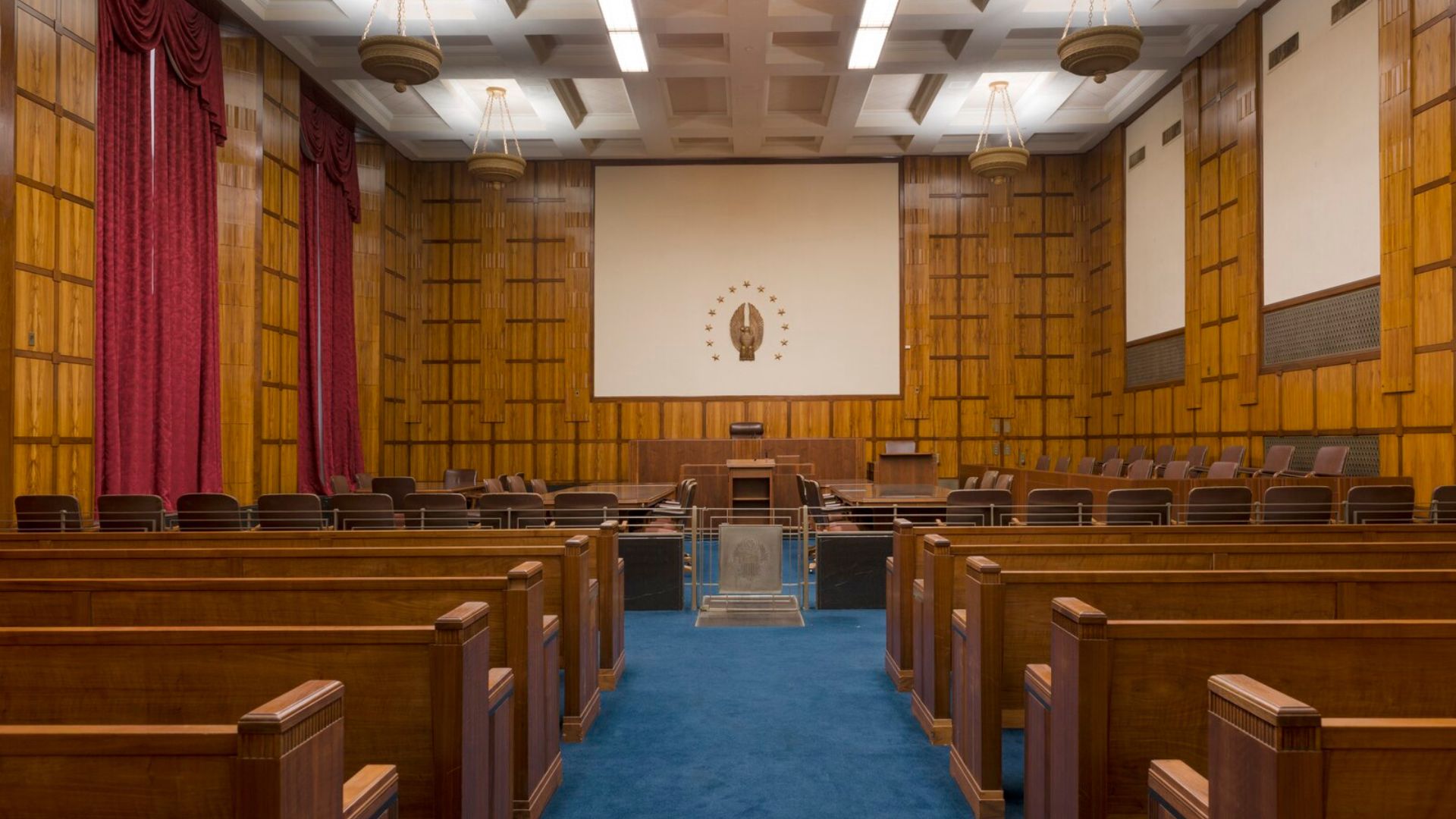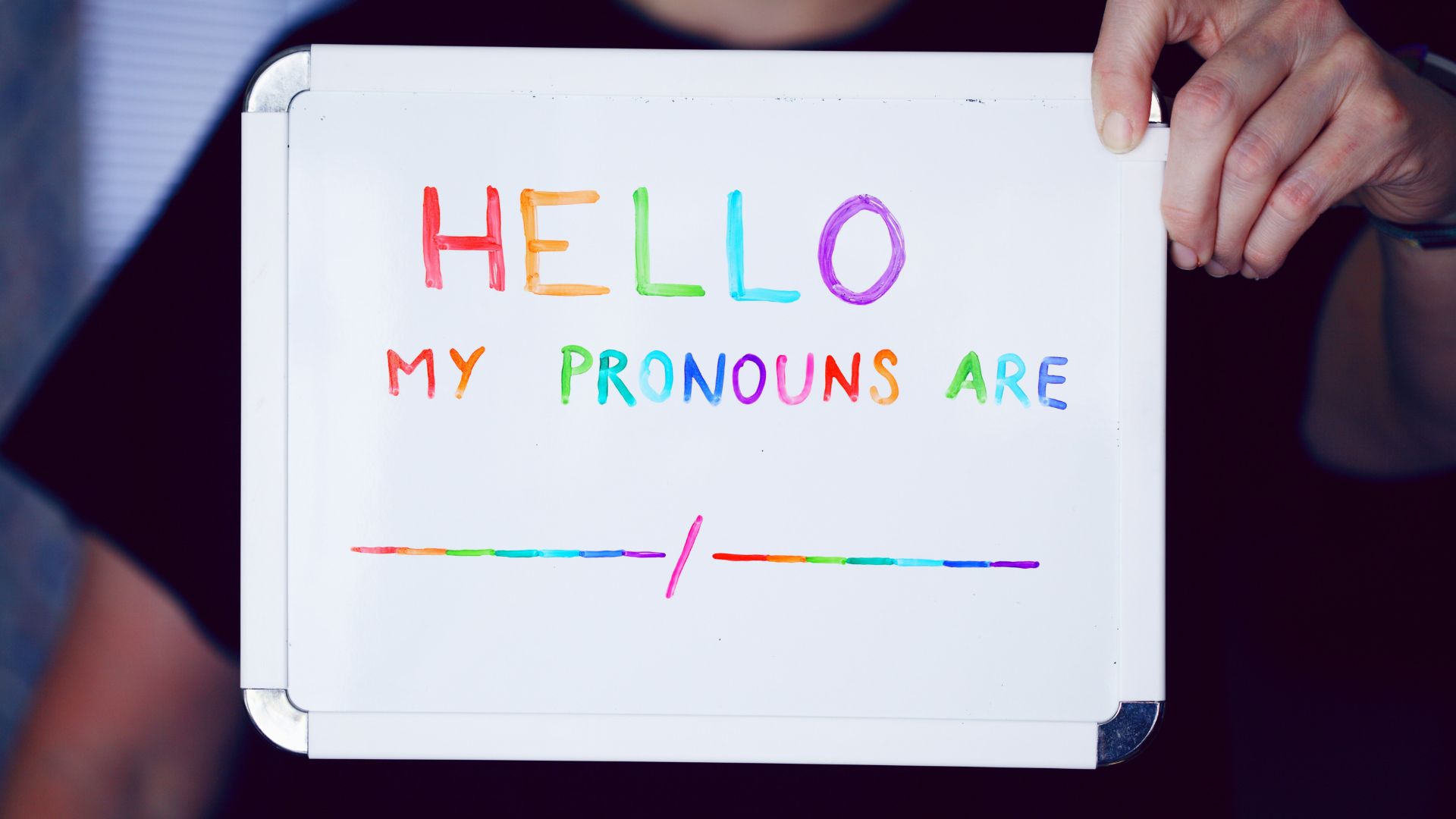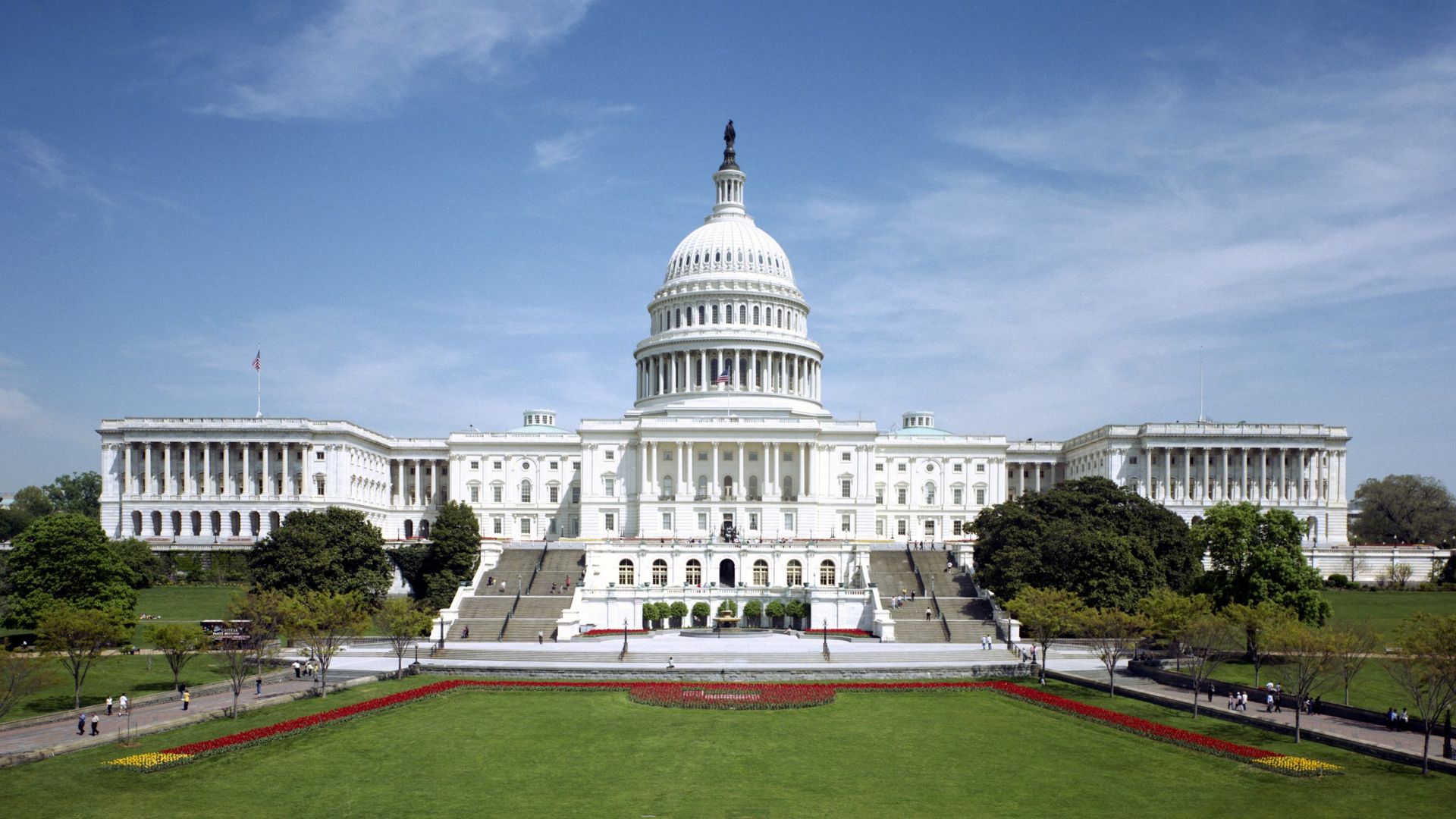In a notable decision, U.S. District Judge Reed O’Connor of Fort Worth, Texas, has rejected the Biden administration’s effort to extend Title IX protections to include LGBTQ students.
This ruling demonstrates a significant judicial stance that the Department of Education exceeded its authority without direct congressional consent.
Legal Challenge Spurs Controversial Ruling

The ruling emerged from a lawsuit initiated by Texas Attorney General Ken Paxton, who contested the Department of Education’s authority.
Judge O’Connor specifically noted the agency’s actions were invalid, criticizing its attempts to broaden the definition of sex discrimination to encompass gender identity and sexual orientation.
Fallout for School Policies and Funding

With the guidance now overturned, schools previously at risk of losing federal funding for discriminating based on gender identity or sexual orientation will see changes.
This guidance had aimed to shield students from being forced to use facilities inconsistent with their gender identity.
Echoes of a Prior Judicial Standoff

This is not the first blockade; a Tennessee judge in 2022 also halted the enforcement of similar protections in 20 Republican-led states.
This collective action demonstrates a broader national conflict over such policies.
The Rationale Behind the Decision

Judge O’Connor connected his decision to the scope of Title IX, suggesting the Department of Education stretched the law’s intent too far.
He referenced a Supreme Court decision on workplace discrimination to contrast the limits of applying similar logic to educational settings.
A Sharp Rebuke from the Bench

In a comprehensive 112-page opinion, Judge O’Connor expressed his concern, stating that allowing the Defendants’ actions to stand “would be to functionally rewrite Title IX in a way that shockingly transforms American education and usurps a major question from Congress.”
This reflects his belief that the intervention overstepped legal boundaries and altered fundamental educational frameworks.
Waiting on Washington’s Word

In the aftermath of the judgment, there has been notable silence from both the Department of Education and the U.S. Department of Justice.
This has left many anticipating whether an appeal is forthcoming.
A Victory for Paxton

Texas Attorney General Ken Paxton lauded the ruling as a victory against what he described as President Biden’s attempt to “weaponize Title IX for his extremist agenda.”
Paxton argued that the ruling was essential to prevent the imposition of policies he views as illegal and harmful.
Uncertain Future for Federal Regulations

Although this decision marks a setback, it does not affect the more definitive regulations implemented in April by the Department of Education, which explicitly apply Title IX protections to LGBTQ students.
However, the judge’s decision hints that these rules too could face legal hurdles.
Legal Tensions Persist

The expansion of Title IX protections to include gender identity and sexual orientation has ignited legal battles in various states, highlighting deep national divisions over the interpretation of these federal protections.
This ongoing controversy illustrates the contentious nature of adapting existing laws to modern understandings of gender identity.
Nationwide Impact on Students

The ongoing disputes have significant repercussions for LGBTQ students across the country.
These disputes influence the educational climate and the rights afforded to students within their school environments.
The Path Forward

The future of LGBTQ rights within educational systems remains fraught with uncertainty, with potential appeals and new legal challenges likely.
Observers are keenly watching these developments, understanding that the outcomes will profoundly influence how Title IX is applied moving forward.
